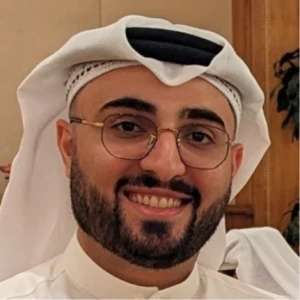Hello, could anyone help me to understand more about the business framework mentioned in Victor Cheng's book? Is this framework more about exploring different dimensions of the problem, or could it be used to verify the hypothesis?
In the first approach, I ask questions categorized by client / company / competition / product, to try to understand the business issue in detail.
In the second approach, after confirming cost stayed the same, I could say the issue might be driven by internal (company/product) or external (client / competition) factors. The next step is to verify the hypothesis that this is an internal issue, and I branch out the external factors. Lastly, I verify the hypothesis that this is a company problem, and delete the product branch. In the end, I could prove that this is a company related problem, and focus on this area to find a root cause of profitability drop.
Which approach is the correct way to use the framework? Thanks!

















